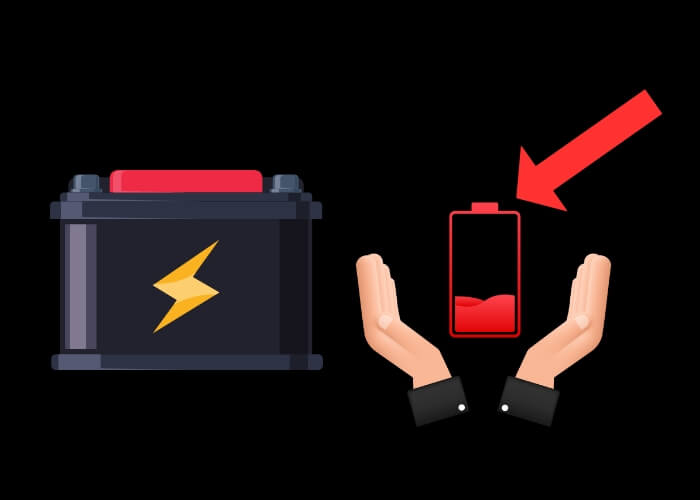If a lead-acid battery is over discharged for an extended period, several negative consequences can occur, ultimately leading to the battery’s failure.
- Sulfation: Overdischarging a lead-acid battery can cause the formation of lead sulfate crystals on the battery plates. These crystals can reduce the battery’s capacity and increase its internal resistance, leading to decreased performance and shorter cycle life.
- Plate Damage: Overdischarging can cause physical damage to the battery plates, such as warping or bending. This damage can reduce the battery’s capacity and increase its internal resistance, leading to decreased performance and shorter cycle life.
- Electrolyte Depletion: Overdischarging can cause the electrolyte to become depleted, leading to a loss of capacity and increased internal resistance. This can result in decreased performance and shorter cycle life.
- Hydrogen Gas Buildup: Overdischarging can cause the battery to produce excess hydrogen gas, which can lead to the buildup of pressure inside the battery. This pressure can cause the battery to swell or rupture, resulting in a loss of capacity and increased internal resistance.
- Permanent Damage: Overdischarging can cause permanent damage to the battery, reducing its capacity and cycle life. This damage is irreversible and can result in the need for battery replacement.
Overall, over discharging a lead-acid battery for an extended period can have significant negative consequences, including reduced capacity, increased internal resistance, and shortened cycle life. It is essential to avoid over discharging a lead-acid battery to ensure its optimal performance and longevity.


